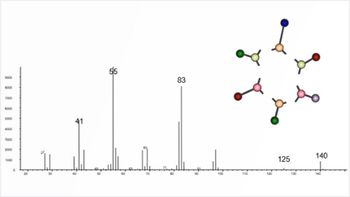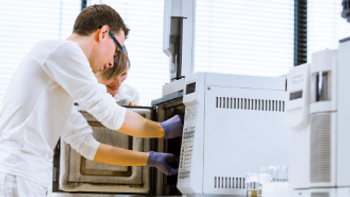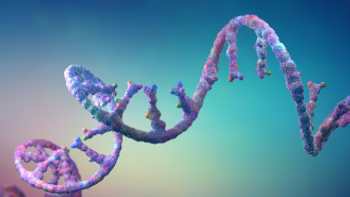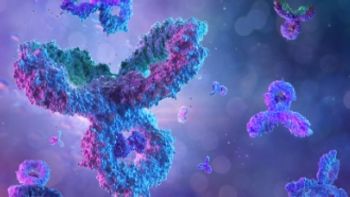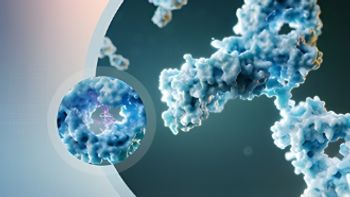
Reducing Pesticide Analysis Time Using Low-Pressure Gas Chromatography on a GC–MS/MS Equipped with a Short Collision Cell
Wednesday, Jan 26, 2022 at 2pm EST | 11am PST | 8pm CET | 7pm GMT Over 240 pesticides in under 11 minutes with GC-MS/MS? Learn how low-pressure gas chromatography with a instrument equipped with a new short collision cell and can significantly speed up analysis of a complex pesticide mixture.
Register Free:
Event Overview:
Low-pressure gas chromatography (LPGC) combined with quadrupole tandem mass spectrometry can be used to significantly reduce GC–MS/MS analysis time of complex mixtures. The theory of LPGC will be presented, followed by an explanation of a new short collision cell technology. Experimental data from the analysis of over 240 pesticides using LPGC will be shown with a subsequent discussion of how the two technologies complement each other and some of the options available for tailoring the analysis.
Key Learning Objectives:
- Learn how an LPGC column can significantly reduce GC analysis time while still doing an effective separation.
- Become familiar with the capabilities of short collision cell technologies and how these can complement LPGC analysis.
- See how LPGC, using a short collision cell, can be used to analyzed over 240 pesticides in less than 11 minutes, and how the analysis can be further tapered to suit your laboratory needs.
Who Should Attend:
- Lab managers
- Principal Investigators
- Analytical Chemists
- Scientists interested in improving GC-MS performance or expanding their knowledge of pesticide analysis
Speakers
Dr. Kirk R. Jensen, PhD
Applications Chemist
JEOL USA, Inc.
Kirk R. Jensen was born in Broomfield, CO. He attended undergraduate school at the University of Northern Colorado and Utah State University where he studied electrical engineering before switching to chemistry. He graduated in 2005 with a bachelor’s degree in chemistry. He worked at Fresenius Medical Care as a chemistry lab technician and then Kelatron Corp. as an analytical scientist doing heavy metal testing before returning to school in 2008 for graduate studies.
During his time in graduate school, he studied mass spectrometry under Dr. Kent Voorhees at Colorado School of Mines. His dissertation work included analysis of NPAH compounds in biofuel combustion, development of an LFI strip to detect Bacillus anthracis using bacteriophage amplification, and multivariate statistical analysis of MOLI mass spectral data of various bacteria for the purposes of identification. He received a PhD in Applied Chemistry from Colorado School of Mines in December, 2014.
He then took a position as a research scientist at Osaka University, and was promoted to assistant research professor after two years. His projects at Osaka University included analysis of cortisol in saliva and research involving a multi-turn TOF mass spectrometer (InfiTOF), which included helium isotope analysis and a novel TOF calibration method using ion counting. He started at JEOL USA, Inc. as an applications chemist in 2019, and his current projects involve the JMS-TQ4000GC triple-quad mass spectrometer.
Kirk is also interested in Japanese calligraphy, Shorinji Kempo martial arts, building custom PCs, and music. He can speak conversational Japanese, has lived and worked in Japan, and has strong ties to Japanese culture.
Register Free:
Newsletter
Join the global community of analytical scientists who trust LCGC for insights on the latest techniques, trends, and expert solutions in chromatography.

